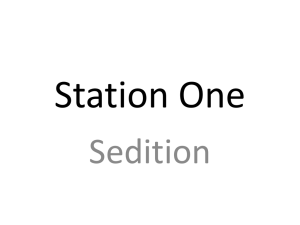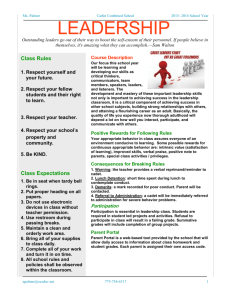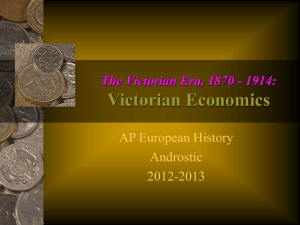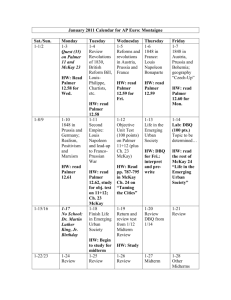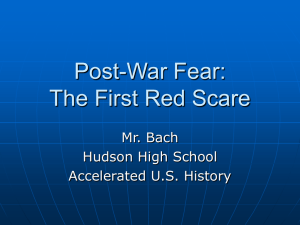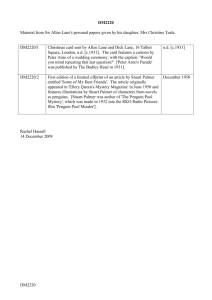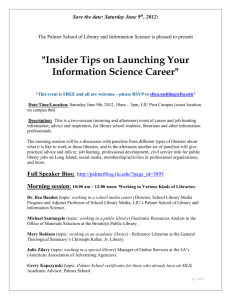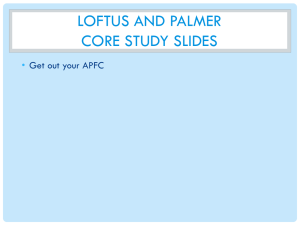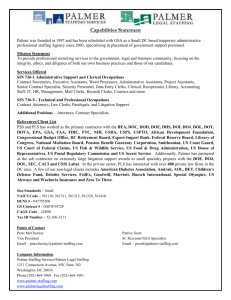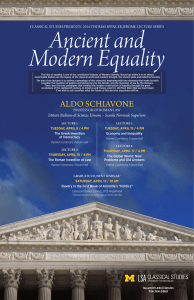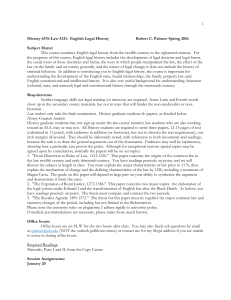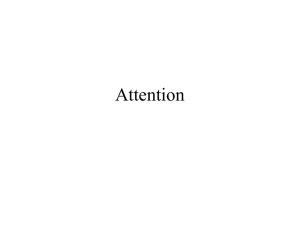palmer-ch4-davis
advertisement
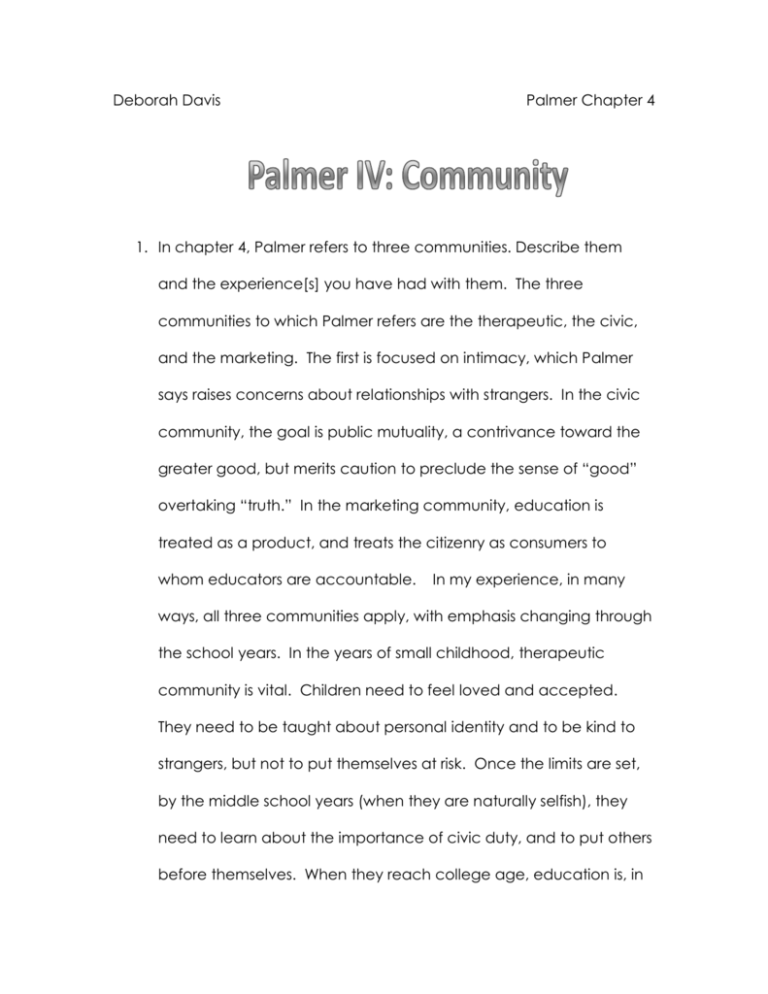
Deborah Davis Palmer Chapter 4 1. In chapter 4, Palmer refers to three communities. Describe them and the experience[s] you have had with them. The three communities to which Palmer refers are the therapeutic, the civic, and the marketing. The first is focused on intimacy, which Palmer says raises concerns about relationships with strangers. In the civic community, the goal is public mutuality, a contrivance toward the greater good, but merits caution to preclude the sense of “good” overtaking “truth.” In the marketing community, education is treated as a product, and treats the citizenry as consumers to whom educators are accountable. In my experience, in many ways, all three communities apply, with emphasis changing through the school years. In the years of small childhood, therapeutic community is vital. Children need to feel loved and accepted. They need to be taught about personal identity and to be kind to strangers, but not to put themselves at risk. Once the limits are set, by the middle school years (when they are naturally selfish), they need to learn about the importance of civic duty, and to put others before themselves. When they reach college age, education is, in Deborah Davis Palmer Chapter 4 many ways, a marketed commodity, and the students are the consumers. Having taught at all levels, I see these emphases clearly. 2. Discuss the pros and cons of the three communities, especially with respect to the educational community. As regards education, the pros and cons of the three communities lay out pretty distinctively. Intimacy with boundaries is a key factor in developing healthy children. They need to know to whom they can go, at any age, with any issue. This foundation will breed self-confidence, and provide a solid base for growing relationships. However, there are limits to intimacy that must be applied. Small children need to learn “no zones” and privacy constraints as a part of learning respect for others. In education, the nurturing status of the early childhood teacher must be coupled with boundaries and guidelines to help mold these children. As the selfish nature of humanity comes to the forefront, they need to learn to put others first. Still, even with a civic communities, truth must reign supreme. The risk of violating truth for a “global good” is a very real risk. So, while educators model and encourage and direct civic participation, those same educators need to be alert to keep the children safe, and be aware that they are still children, and in need of nurturing. Most importantly, the Deborah Davis Palmer Chapter 4 children need to be focused on truth at this time. The biggest concern with the marketing notion is when students and parents are uninformed consumers of the educational product. Education is, in many ways, unlike other commodities in that it builds in a reciprocal nature. Each student must climb the heights of the educational ladder by himself. Teachers will hold the ladder, paint the rungs, hang treats above, etc. Parents sometime think that teachers can divest education with a firehose or that their children will learn through osmosis. Being an educator, however, is far more than being a book. Most students need more than a singular presentation in one manner. As consumers, the parents, and sometimes the students, feel they may pick the fruit of knowledge from the trees of the teachers wisdom. But, they must wait until their own brains are ripe for it, or it will be better disillusionment. 3. Is the educational community another community or merely a part of the others? How so? I believe the educational community is BOTH another community and part and parcel of the other three. The educational community is a growing, vital organ of a society. As such, the nutritional and exercise needs will alter through use and direction. In many ways, as indicated above, it is a blended community of the other three. At the same time, it is aloof – Deborah Davis Palmer Chapter 4 dynamically thriving in an eclectic pattern of its own. A place where truth and knowledge should reign tempered with fairness and mercy. The educational community is uniquely suited to interface with the other communities, encompassing them and excluding them in parts to meet its own needs. It is guided by those gifted or driven to make a difference.
